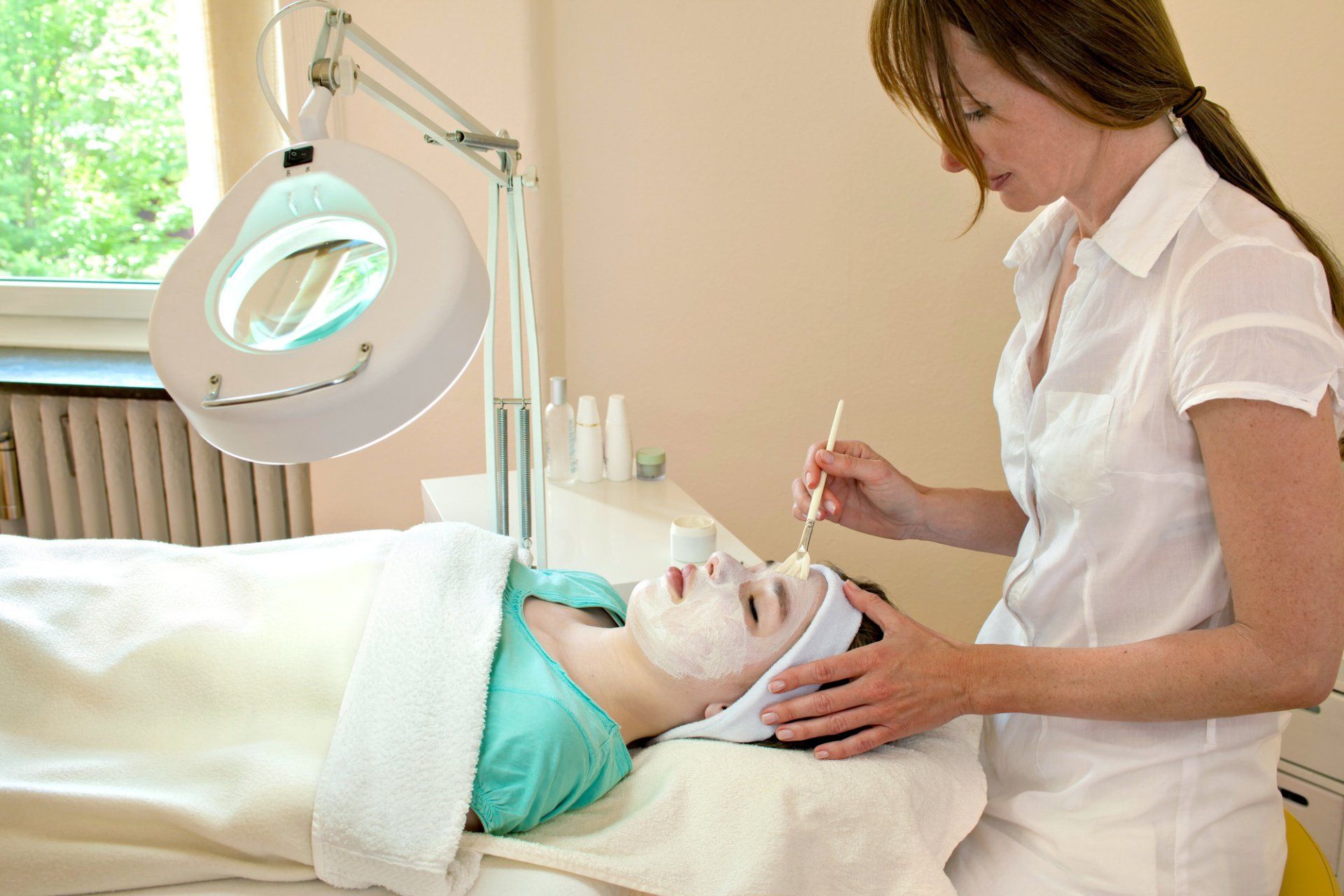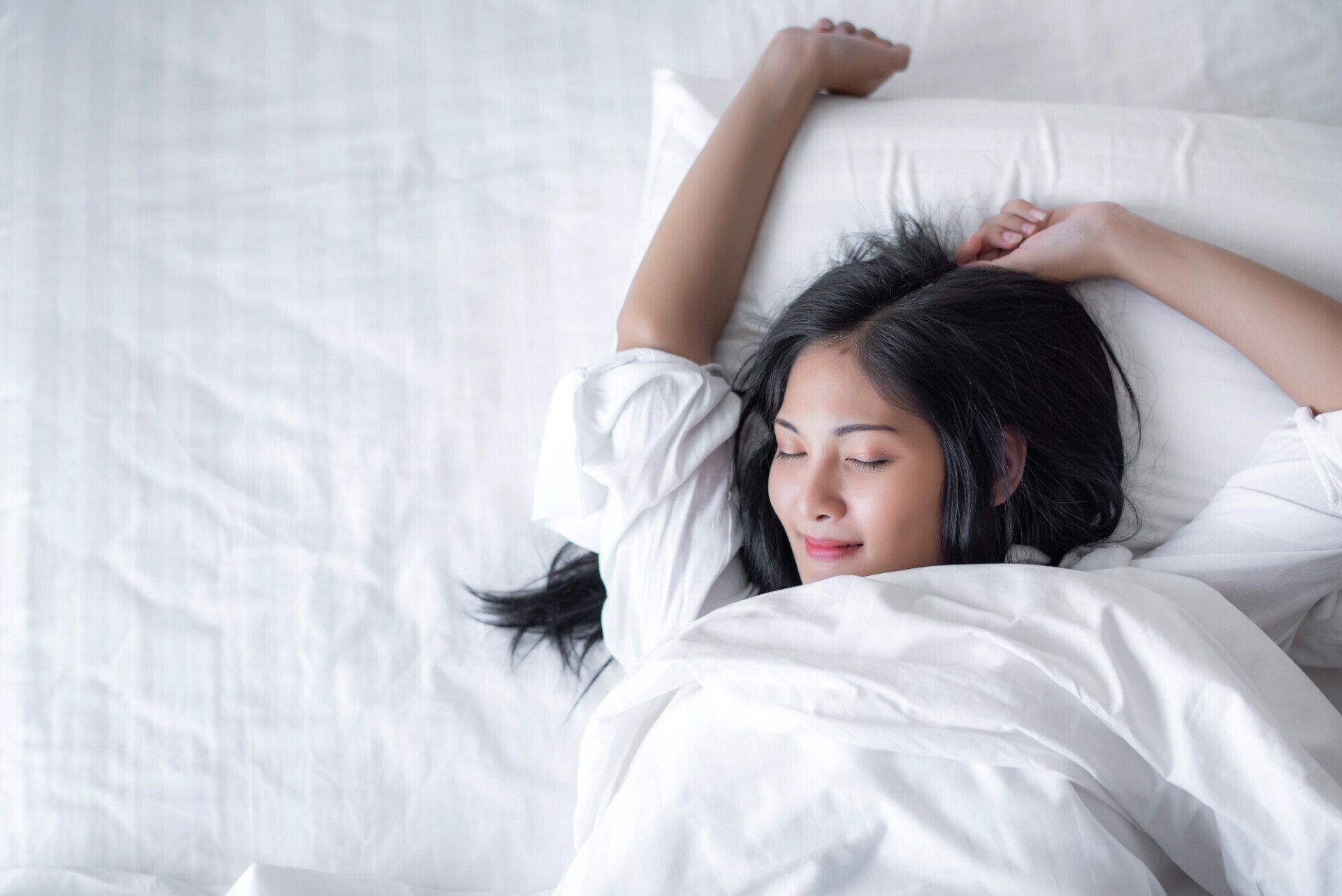Mental Wellness: How to Avoid Burnout
It is easy to become overwhelmed with the stress of everyday life. This is how to avoid burnout and preserve your mental wellness.
70% of Americans state that they suffer from insufficient sleep at least once per month, and over ten percent suffer on a nightly basis. Insufficient sleep is not a problem to laugh off, it's a serious health epidemic. The hustle culture we praise that involves burning the candle on both ends is nothing to be proud of.
Chronic lack of sleep can lead to serious problems down the line like Alzheimer's, autoimmune disease, and accelerated aging. There are generally two main problems impacting our sleep: reduced duration and poor quality.
Developing good sleep hygiene can address both of these issues. If you're wondering what is good sleep hygiene and tips to implement it-you're in the right place. Keep reading below to learn more.
What Is Sleep Hygiene?
There's body hygiene. There's dental hygiene. And now there is sleep hygiene.
This relatively new term is just a simplified way of referring to a long-standing crucial component of our health. Sleep hygiene is the habits and rituals used to promote good sleep quality and duration on a regular basis.
Many of the habits throughout your day impact your sleep quality, starting right from the time you wake up. You might not realize it, but some of the stuff you do throughout your day, and especially in the hour leading up to bedtime, are greatly impacting when you fall asleep and how well you sleep.
If you're dissatisfied with your current sleeping patterns, check out the seven steps below to develop a healthy routine. They should help you understand what is good sleep hygiene and where you might be setting yourself up for an uncomfortable night.
1. No Technology at Least One Hour Before Bed
Blue light is a major sleep disrupter and a reason why so many people today suffer from poor sleep, especially younger generations. The hormone melatonin is required to trigger the body to fall asleep.
Blue light exposure suppresses melatonin production, the sleep hormone. Putting two and two together, blue light equals less melatonin equals poor sleep.
Blue light works in a funny way though. Exposure timing matters, so looking at your phone in the middle of the day for hours won't do much, but being on your phone for twenty minutes before hopping in bed can ruin your entire night's sleep because your body then believes you're meant to still be awake.
In order to relax your circadian rhythm, stop using all electronics at least one hour before bed.
Pro tip: if you like to wind down with entertainment before bed switch to a book over social media or TV.
2. Eating Three to Four Hours Before Bed
Digestion takes a lot of effort from the body. Going to bed soon after eating is bad for your sleep, digestion, and weight, and can even cause acid reflux and bloating.
The muscles used to digest your food need to relax and repair at night, But when you have food in your system soon before bed, they don't wind down, and this means you can't either.
You might be able to fall asleep, but your sleep will be restless and disturbed, leaving you waking up fatigued.
Pro tip: If you must eat near bedtime, opt for a light, easily digested meal like simple carbs or soups.
3. No Caffeine After 2 PM
Having caffeine later in the day is not good for sleep hygiene. Caffeine is absorbed very quickly by the body.
For most people, it only takes 15 minutes to an hour for caffeine to be absorbed. You might think it leaves just as fast.
Caffeine can actually take up to twelve hours to clear out of the bloodstream. This is why it is best to take your caffeine only about one hour after waking and stick to just one serving of caffeinated beverages a day.
Pro tip: To make your caffeine boost last, add some fat to your caffeine, this will make it absorb slower, preventing the need for another cup later in the day.
4. Sleeping at the Same Time Each Night
Your circadian rhythm is the 24-hour internal clock that regulates your sleep-wake cycle.
While genes influence whether you are a night owl, or morning bird to some extent, your sleep hygiene has even more control.
Going to bed at the same time each night will eventually put your rhythm in sync. After only a few weeks you'll naturally start to feel sleepy around your established bedtime.
Pro tip: Pick a realistic bedtime. It's more helpful to your body to sleep at 11 pm each night than to have a sleep range from 8 pm to 2 am.
5. Waking at the Same Time Each Day (Even on Weekends)
The time you go to bed will impact the time you can get up, and the time you get up will impact when you can fall asleep. This is again part of the circadian rhythm.
If you want to sleep earlier, usually getting up earlier will make that possible. Just like you should sleep at the same time each day, you should wake at the same time even on weekends.
Pro tip: It's ok to sleep in every once in a while, be kind to yourself.
6. Let the Sun Shine In
Sunshine helps regulate melatonin production and the circadian rhythm. It's part of why you can pass out after a long day at the beach.
Make sure to get around 10-20 minutes of sunshine exposure each day-windows don't count.
Pro tip: Use the dMinder app to learn when it's the best time to go outside in your region for healthy vitamin D levels.
7. Developing a Consistent Pre-sleep Ritual
You need a "wind-down" routine to signal to your body that it's time to sleep. This is the fun part of sleep hygiene!
Turn your phone off and put it in another room, do some stretching, apply some skincare or essential oils, read, sit with your family, or give your partner a massage.
Give yourself 30 minutes to an hour for a nighttime ritual, and do it each evening before bed.
Pro tip: Check out our meditation guide, a great addition to a sleep ritual.
What Is Good Sleep Hygiene Development?
Now that you understand what is good sleep hygiene, it's time to adopt a healthy routine in your own life! The best strategy is to start small.
If you usually go to bed at midnight, aim for 11:30 p.m. If you snack right before bed, try to switch the snack to a comforting tea. Depriving yourself of what you enjoy at the moment will make the transition to a healthier routine difficult.
Set realistic expectations and measure your progress and sleep quality. If you find yourself more energized during the day, falling asleep faster, and waking up feeling refreshed, you know you're on the right track!
Read our guide on mastering healthy sleeping habits for more sleep strategies.




